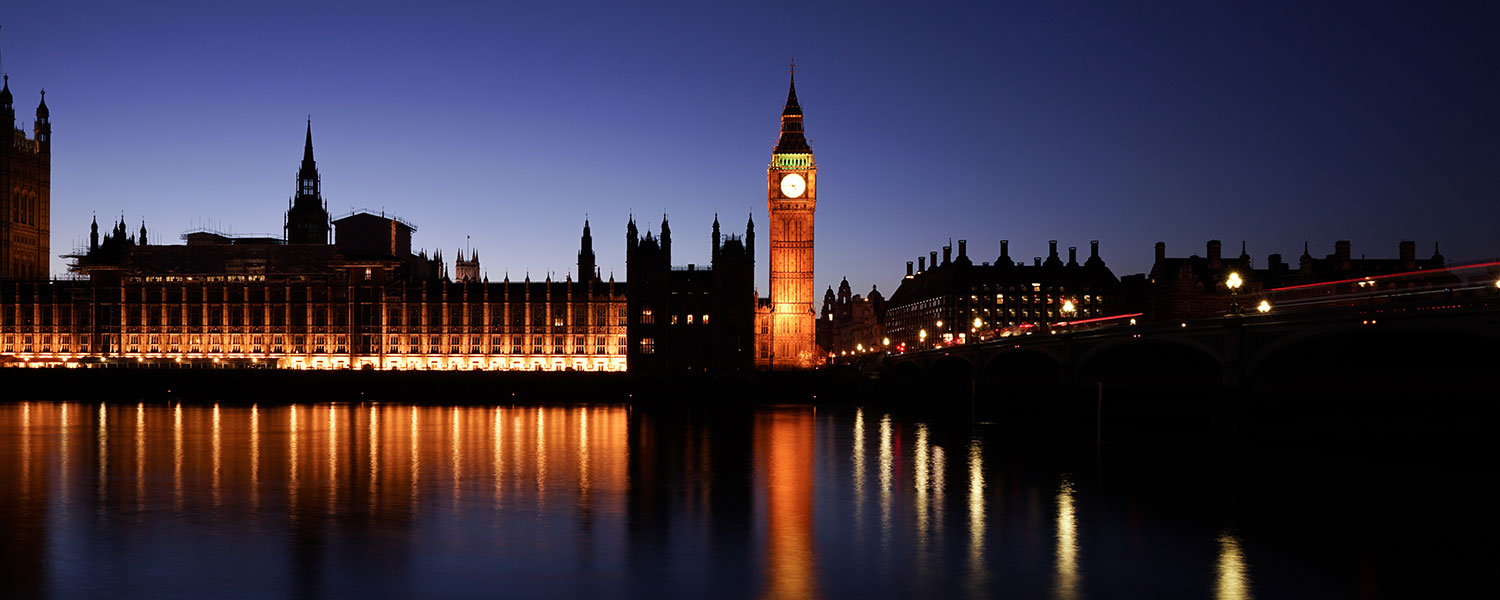No one in their right mind would now want to start up a high-tech company in the UK. With a last-minute addition to the Online Safety Bill (OSB), the UK government made it clear that startups are no longer welcome in the UK.
Previously, the OSB applied to “regulated services” that had to be above a certain size or reach. So the OSB would apply to Meta or Google, but not to some new innovative service created in someone’s living room in the UK. However, the UK government accepted a last-minute Lords amendment (see below) that dramatically expands the scope of the Bill. The amendment added “functionalities and features” to the possible criteria, so any small or medium enterprise (SME) or startup in the UK could now fall under the OSB’s regulations and require laborious compliance processes. If the Secretary of State doesn’t like a feature set offered by a company, it can be declared in scope of the OSB.
Why would anyone want to start up an online business in the UK? If you get something wrong that is buried in the 300+ pages of the OSB, you would then face criminal liability.
With this one act, the UK has declared its exit from the high-tech startup world and doomed the UK to be a follower of Europe, the USA, India, and everywhere else that encourages innovation.
Context: On 12 September 2023, the UK government debated amendments and stated this:
The Government are grateful to Baroness Morgan of Cotes and my right hon. and learned Friend the Member for Kenilworth and Southam (Sir Jeremy Wright), who like many in the House have steadfastly campaigned on the issue of small but risky platforms. We have accepted an amendment to the Bill that changes the rules for establishing the conditions that determine which services will be designated as category 1 or category 2B services and thus have additional duties. In making the regulations used to determine which services are category 1 or category 2B, the Secretary of State will now have the discretion to decide whether to set a threshold based on the number of users or the functionalities offered, or both factors. Previously, the Secretary of State was required to set the threshold based on a combination of both factors.
The amendment being debated—and ultimately approved—was #245. Back in 2022, before this expansion of scope, TechUK explained that over 25,000 UK businesses would be caught up in the bill. That same article noted that at that time, with all the extra material, a business would need to read through and understand over 550 pages of information.
See also why the UK Online Safety Bill will weaken security and put all UK residents at risk.
Photo copyright: Unsplash

